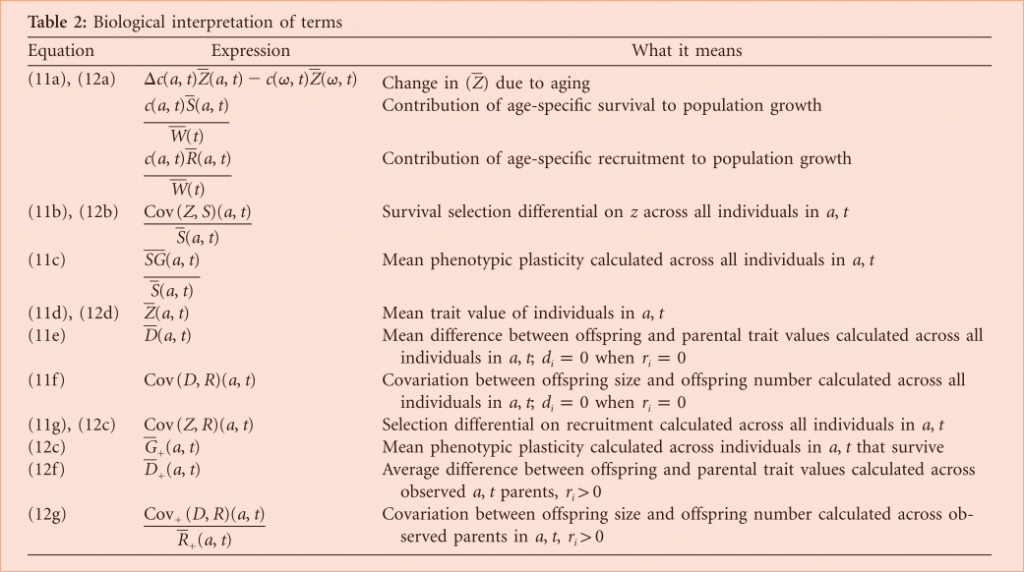On the other hand
Internet home of C. Susannah Tysor
R adding ‘X.’ to column names
I received some data recently in an Excel file. I opened it in LibreOffice Calc to have a quick look, saved it as a csv, and (tried) to get down to business in R. But all of my column names were an awful mess. Instead of
SPU_Number SPU_Name Long_Site Site
my column names were prepended with X. and appended with a period, like so:
X.SPU_Number. X.SPU_Name. X.Long_Site. X.Site.
I’d used read.csv(), which uses read.table(). This stackoverflow answer clued me in to the fact that R thought there were special characters at the beginning and end of my column names. I reopened the file in LibreOffice Calc and annoying saw absolutely no special characters at the beginning and end of my column names. But when I opened up the file in a normal text editor I saw that my column names had all been single quoted!
To prevent this from happening to you, make sure you check Edit Filter Settings in the Save As dialogue and then make sure both Save cell content as shown and Quote all text cells are unchecked. Or don’t use LibreOffice Calc – Excel won’t screw up your column names like this.
Calling all students interested in the history of ecology (UPDATE)
The Historical Records Committee of the Ecological Society of America is organizing a poster session on student investigations into ecology’s history. The session description from Dan Song:
Current Student Perspectives On The History Of Ecology
If you’re interested in presenting in the session or have any suggestions or ideas, please get in touch with Dan Song at danielssong[at]gmail.
JAN 13 UPDATE: Though ESA typically allows only one presentation per person, presentations in this session aren’t counted [see exemptions] – so you can give a poster in this session and a talk or poster on your other research.
JAN 13 UPDATE: The deadline is tomorrow, Monday, January 14, so get in touch with Dan soon.
JAN 16 UPDATE: While the deadline has passed, you should still contact Dan if you’re a student interested in the history of ecology. If some people are not able to accept their invitations, you might be considered! Also, remember that the general abstract submission deadline for ESA is February 21!
